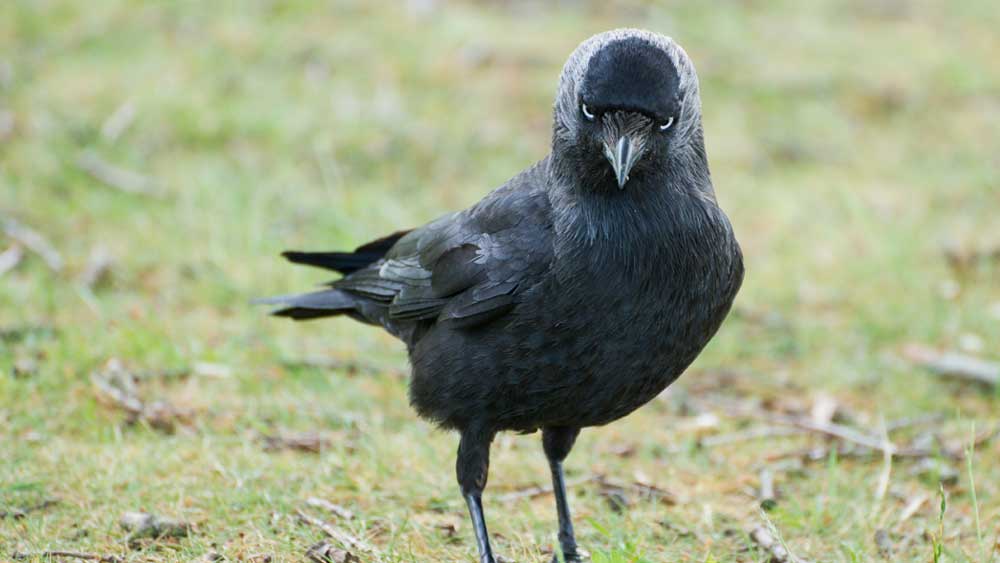
Plates Wobble Before Big Quakes
A new study published in Nature has found that tectonic plates may change directions rapidly, or “wobble,” several months before a massive quake is released.1 Scientists are not sure why, but it may lead to a future breakthrough in earthquake predictions.

Frog Fossils Found in Antarctica!
Can you imagine frogs in snow-covered, frigid Antarctica? A recent fossil discovery has significant implications for Earth’s climate history as well as the fossil record.

If Pronghorns You Chase, They’ll Win the Foot-Race
Many urban and suburban recreational opportunities are closed to public use, yet many rural and wilderness areas now are reopening to allow recreational visits.

Jackdaws Identify "Dangerous" from "Safe" Humans
Don’t think that humans have a monopoly on “social distancing”—because even birds are prudent in physical distancing, depending on the contingent hazards that they perceive nearby.1,2 And birds, like humans, warn one another about the dangers they see, and how best to avoid them.2-4

Avian Ventilation and Ventilators
During this time of the devastating COVID-19 pandemic, medical science is seeking a vaccine as well as drugs that will treat the symptoms. In the meantime, much has been reported on the ventilator, a lifesaving device that is used on the most serious cases.










